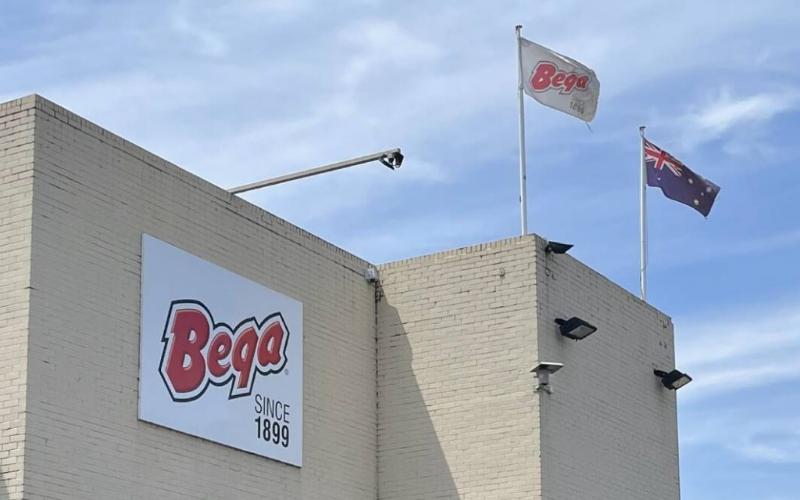Bega Bids for Fonterra’s Brands, Heats Up M&A War

The Australian Dairy Giant Submits a Non-Binding Offer for Key Fonterra Assets, Facing Off Against Global Competitors.
The agribusiness sector is abuzz with news that Bega Group has formally submitted a non-binding bid to acquire a portion of Fonterra’s business. The offer focuses on Fonterra’s Oceania division, which includes its Australian businesses, encompassing consumer brands, food services, and dairy ingredients. This move signals Bega’s serious intent to expand its market share and is a major development in the strategic realignments currently underway in the Australian and New Zealand dairy industries.
This bid comes in the context of Fonterra’s strategic decision to divest its global consumer businesses and focus on its core ingredients and food services operations. As a key player in the region, Bega’s move is a logical one, leveraging its existing strong Australian market presence. This potential acquisition would not only enhance Bega’s market position but, as the company claims, could also lead to greater efficiencies and improved outcomes for Australian farmers, customers, and consumers.
The competitive landscape for these assets is fierce. Bega is not alone in its pursuit, with other international players, including France’s Lactalis Group and Japanese giant Meiji Holdings, also in the bidding process. The Australian Competition and Consumer Commission (ACCC) has initiated a review of Bega’s proposal to assess its potential impact on competition, particularly in sourcing raw milk, processing services, and the wholesale supply of dairy products. The ACCC has already given the green light to Lactalis’s bid for Fonterra’s global consumer business.
As part of the public review, the ACCC is actively seeking feedback from industry stakeholders, including dairy farmers and processors. This piece of data journalism highlights the complex and often contentious nature of such mergers, as they can significantly impact competition and farmers’ bargaining power, especially in regions with shrinking milk pools. Concerns have been raised that consolidation could lead to fewer choices for farmers and potentially weaken farmgate prices.
Bega, which currently buys approximately 1.3 billion litres of milk annually, argues that the acquisition would benefit farmers. However, organizations like Australian Dairy Farmers (ADF) are urging for enforceable undertakings to protect farmers if the deal proceeds. This includes preserving milk supply freedom, honoring existing contracts, and keeping key processing sites open, all of which are critical for maintaining a healthy and competitive dairy economics ecosystem.










